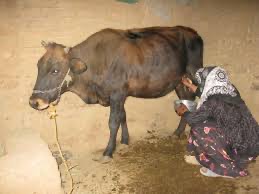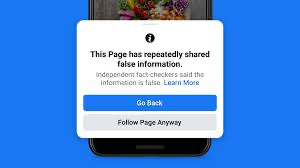History of Childhood Vaccines
The first vaccine was developed in 1796 when Edward Jenner realized by exposing people to a small amount of cowpox, they would have some immunity to smallpox and have less severe disease.

✨The idea of inoculation was born✨
Inoculation – the action of introducing a person to an infective material or microorganism to help them build antibodies against the infection.
Before 1977, vaccines were not a major part of American public health. More than 2.6 million people would die annually of measles. Many other things contribute to people surviving diseases today, such as diet, exercise, access to health care in America, and treatments for diseases. However, vaccines are the backbone of this system. Providing the body protection against infection and severe disease makes all of these illnesses easier to treat.
It is estimated that routine childhood vaccines in America have prevented more than 4 million deaths per year.
When vaccines became widely available in the late 1970’s-early 1980’s, more than 90% of American children were completely vaccinated. Many diseases that once killed millions of people every year were considered eradicated from the United States.
Symptoms Post Vaccination
- redness/swelling or pain at injection site
- Swollen lymph nodes
- sleepiness
- Irritability/crying in infants
- decreased appetite for up to 72 hours
Recent Vaccine Hesitancy

Vaccine hesitancy has become a major issue in our society today. This started in the late 1990’s when The Lancet published an article linking the MMR vaccine to autism. Since then, many parents have come to mistrust all vaccines, thus dropping the vaccination percentage in many societies. This leaves these children and many other people at risk to develop severe disease from preventable illnesses.
Proper Education to Help Parents Make Informed Decisions
It is important that all people understand the risks and benefits of vaccination and choosing against vaccination. There are people who should not be vaccinated and there are people who most definitely should be for themselves and for the people around them. This is always a conversation and risk and benefit analysis with a trusted health care provider. Information should not be taken from family/friends who do not know each individual medical history of the people involved in the decision.

McIntyre, P., & Walls, T. (2020). Global Public Health Impact of vaccines in children. Oxford Research Encyclopedia of Global Public Health.
Vaccines as instruments of Public Health. (2022). Vaccines as Technology, 12–25.
Vaccines don’t save lives, vaccination does. (2021). The Lancet Regional Health – Western Pacific, 6, 100099
